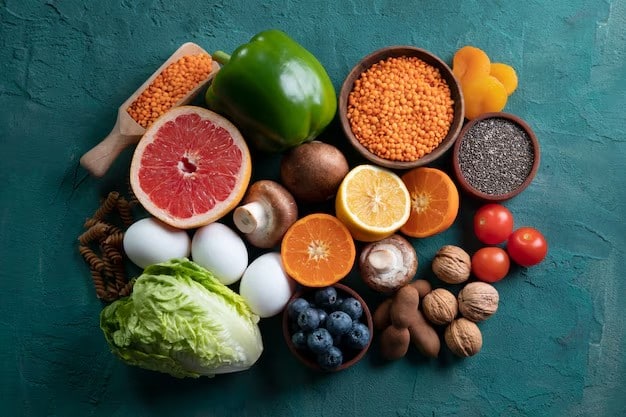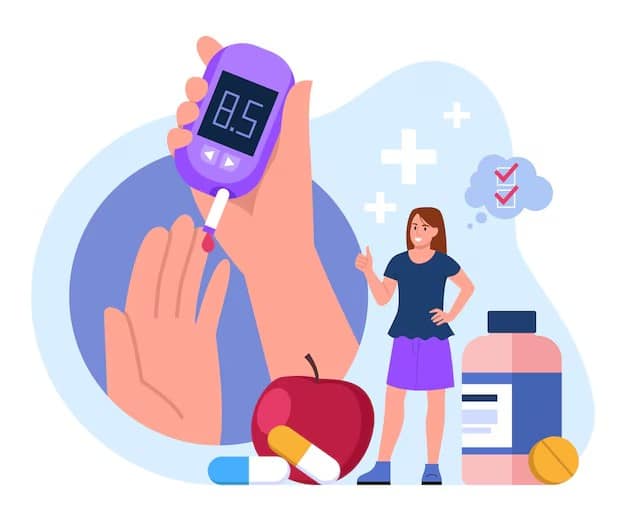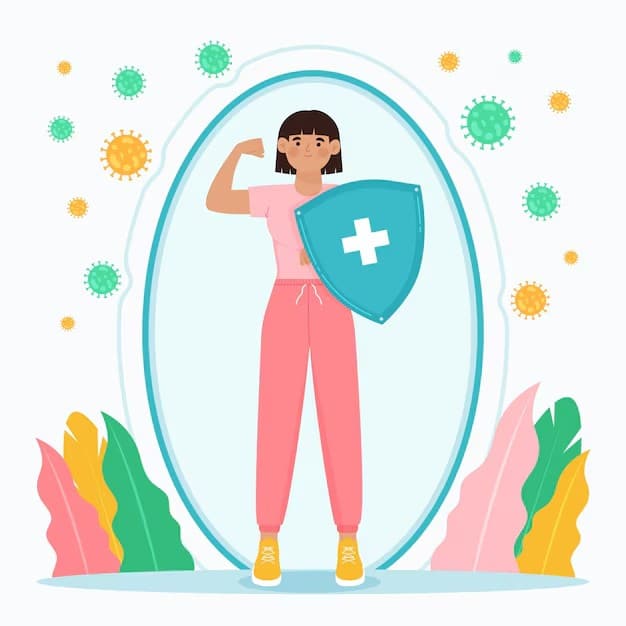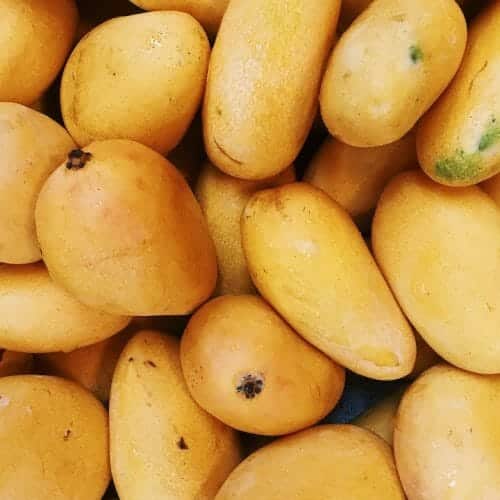Dates derived from the date palm tree (Phoenix dactylifera) are widely enjoyed in India for their rich nutrition and health benefits. Prevalent in Indian households, especially during festivals and fasting, dates offer a naturally sweet flavour and soft texture. Whether Medjool or Deglet Noor, they are packed with antioxidants, fibre, and essential nutrients that boost energy, aid digestion, and support immunity. A great alternative to refined sugar, dates are a delicious and healthy addition to Indian diets. Enjoy them as a snack, in desserts, or as part of a balanced lifestyle.
Nutritional Value of Dates
Regarding the nutritional value of dates, it’s truly remarkable how such a small fruit can pack such a powerful punch. Just a single serving of Medjool dates, about two dates, contains a significant amount of essential vitamins, minerals, and a minimal amount of protein. In each serving, you’ll find 137 calories, 36 grams of carbohydrates, 3 grams of fiber, 327 milligrams of potassium, 0.2 milligrams of copper, 21 milligrams of magnesium, and 0.1 milligrams of Vitamin B6. These nutrients not only add sweetness to your diet but also contribute to the numerous health benefits that dates have to offer.
10 Surprising Benefits of Dates for Your Health
Few natural foods offer as many health advantages as dates do. From assisting in disease prevention to aiding in physical and cognitive performance enhancement, the scope of their various health benefits seems boundless. Let’s break down these healthful treasures, which include cancer risk reduction, blood sugar control, digestive support, and even contributions towards skin vitality. The following sections will explore these impressive benefits in more detail.
1. Rich in Antioxidants

Assorted healthy foods including fruits and legumes
Dates are packed with antioxidants, such as flavonoids, carotenoids, and phenolic acid, which are known for their disease-fighting properties. These compounds protect cells from free radicals and unstable molecules contributing to chronic illnesses. Flavonoids reduce inflammation, potentially lowering the risk of diabetes, Alzheimer’s, and certain cancers. Carotenoids promote heart and eye health by preventing disorders like macular degeneration. Phenolic acid’s anti-inflammatory properties can reduce the risk of heart disease and cancer. Adding dates to your diet can significantly improve your overall health.
2. Boosts Energy Levels

Lightning bolt symbolizing energy and vitality boost
Dates are a delicious snack rich in natural sugars like fructose, glucose, and sucrose, providing quick energy with a low glycemic index. The sugar content in a single serving of dates sustains vitality without causing sugar crashes. Dates are also packed with fiber, vitamins (B6, K), minerals (potassium, magnesium, copper), and antioxidants for overall health benefits. Incorporate dates into your diet for a lasting energy boost and improved well-being.
3. Supports Digestive Health
Stomach icon showing digestion and gut health
Due to their high fiber content, dates are beneficial for digestive health. They promote regular bowel movements and alleviate constipation, thus supporting healthy digestion. Consuming seven dates daily for 21 days can help improve digestion by increasing bowel movements and enhancing stool frequency. The fiber in dates slows digestion, helping regulate blood sugar levels after meals and supporting a healthy digestive system.
4. Promotes Heart Health

The red symbolises cardiovascular health and care
Due to their antioxidant content, dates potentially interact with oxytocin receptors, promoting heart health by reducing the risk of heart disease. Their natural sweetness helps lower total cholesterol levels, thus maintaining heart health. Consuming dates, which are rich in essential nutrients, supports overall heart function and helps control blood pressure levels. Incorporating dates into your diet can be a flavourful way to enhance heart health and protect against cardiovascular issues.
5. Helps Regulate Blood Sugar

Sugar cubes representing glucose and blood levels
Dates help regulate blood sugar levels, making them an ideal snack for those concerned with glycemic control. Their low glycemic index helps prevent spikes in blood sugar levels and their natural sugars are released slowly into the bloodstream, aiding in maintaining stable glucose levels. Including dates in your diet can be a beneficial way to manage blood sugar and prevent sudden fluctuations. Additionally, the fiber content in dates contributes to better blood sugar management.
6. Improves Bone Health

Strong bones depicting calcium and joint strength
Dates are a valuable source of essential nutrients that contribute to better bone health. Their rich content of minerals like calcium, phosphorus, and magnesium supports bone strength. Including dates in your diet can help prevent bone-related disorders, promote weight loss, and enhance overall bone density. With their impressive nutritional profile, dates are a natural and delicious way to promote healthier bones and ensure optimal skeletal function. Incorporating dates into your daily meals can significantly improve your bone health and overall well-being.
7. Supports Brain Health

Brain illustration symbolizing intelligence and cognition
Dates are excellent for brain health due to their high antioxidant content, which helps protect brain cells from oxidative stress. Consuming dates regularly can enhance cognitive function and memory retention. The natural sugars in dates provide a steady source of energy for the brain, promoting optimal brain function throughout the day. Also, dates contain essential nutrients like B vitamins and amino acids, which support overall brain health and neurotransmitter function. Incorporating dates into your diet can be a delicious way to boost your brain health.
8. Aids in Weight Management

Balanced scale showing weight control and fitness
Dates aid in weight management due to their low glycemic index and high fiber content. The fiber in dates promotes a feeling of fullness, reducing the likelihood of overeating. Additionally, their natural sugars provide a healthier alternative to processed sweets, helping curb cravings and prevent unnecessary calorie intake. Incorporating dates into your diet can support your weight management goals while satisfying your sweet tooth in a nutritious way.
9. Promotes Healthy Skin

Glowing skin symbolizes health and hydration
Dates promote healthy skin due to their high antioxidant content, which helps combat the free radicals responsible for skin aging. The essential nutrients in dates nourish the skin from within, leading to a natural radiance. Including dates in your diet can improve skin elasticity and overall health, making them a delicious addition to your skincare routine. Enjoy the benefits of dates for a glowing complexion and youthful appearance.
10. Enhances Immune System

Shield represents a strong immune system and protection
Supporting your immune system, dates contain essential nutrients that help defend your body against illnesses. Packed with antioxidants, they combat oxidative stress, boosting your overall health. Consuming dates regularly may strengthen your immune response, aiding in the fight against infections. Including dates in your diet can give your body a natural source of immunity-boosting elements, promoting resilience and well-being. Reap the benefits of dates by incorporating them into your daily routine for a healthier immune system.
What Are the Best Ways to Incorporate Dates into Your Diet?
Enhance your meals with the natural sweetness of dates while boosting nutrition. From replacing refined sugar to creating delicious snacks, here are some easy ways to incorporate dates into your diet:
- Natural Sweetener – Replace refined sugar with chopped dates in oatmeal or yoghurt.
- Nutritious Snack – Mix dates with nuts and seeds for a healthy energy boost.
- Baking Substitute – Use date paste as a natural sweetener in cakes and cookies.
- Smoothie Boost – Blend dates into smoothies for extra fibre and nutrients.
- Delicious Treat – Stuff dates with nut butter for a satisfying snack.
Visit Awesome Cuisine for creative date-based recipes!
Conclusion
Incorporating dates into your diet can significantly enhance your overall health, especially considering the health benefits of dates. From promoting heart health to boosting brain function and aiding in weight management, dates offer many health benefits. Their natural sweetness, essential nutrients, and source of antioxidants make them a nutritious addition to your meals. Regularly enjoying dates can support your immune system, improve digestion, and even enhance skin and hair health. Embrace the power of dates for a delicious way to prioritise your well-being.
Frequently Asked Questions
How many dates should I eat in a day?
Consuming 3-5 dates per day is recommended to reap the benefits of dates. Due to their natural sugars and calorie content, moderation is key. Enjoy them as a snack, add them to smoothies, or incorporate them into your favorite recipes.
Are dates good for diabetes?
Dates have a low glycemic index, making them a good choice for managing diabetes. Their fibre content helps regulate blood sugar levels and improve insulin sensitivity. Consuming dates in moderation can potentially benefit individuals with diabetes.
Can dates increase weight?
Dates are a nutrient-dense fruit high in natural sugars and calories. Due to their calorie content, they can aid in weight gain if consumed in excess. However, when eaten in moderation as part of a balanced diet, dates can be a healthy addition without causing weight gain.
What happens if I eat dates daily?
Due to their high fiber and nutrient content, eating dates daily can improve digestion, energy levels, and overall gut health. However, moderation is key, as dates are also calorie-dense.
How do dates support hair and skin health?
Dates support hair and skin health due to their rich content of vitamins C and D. These vitamins promote collagen production for skin elasticity and hair strength. Additionally, the presence of antioxidants helps combat free radicals, enhancing skin radiance and hair shine.












